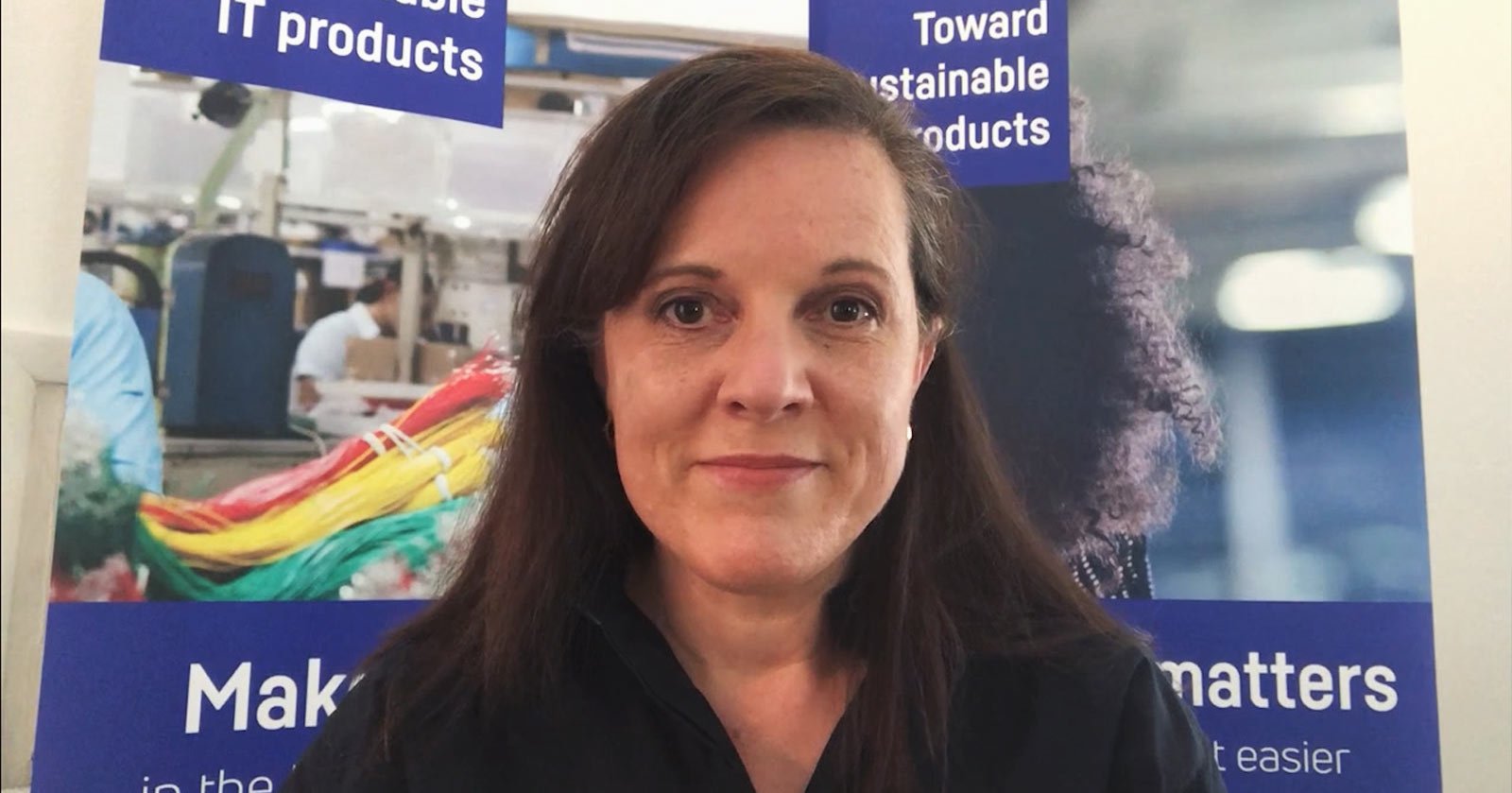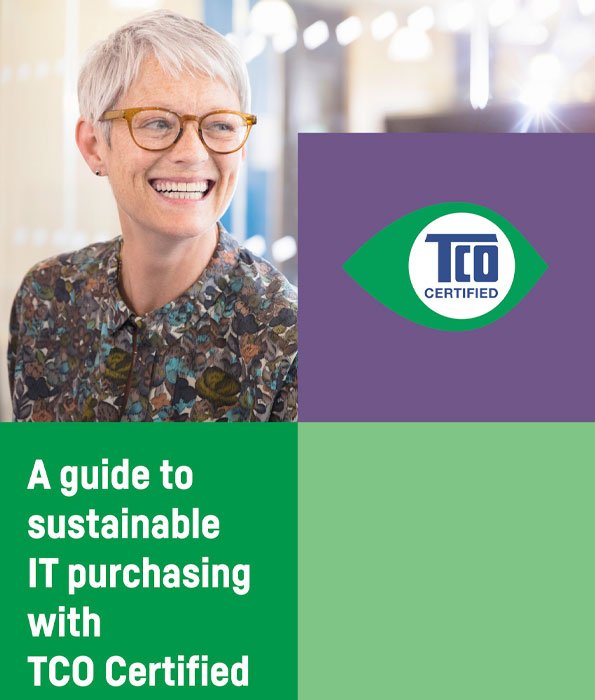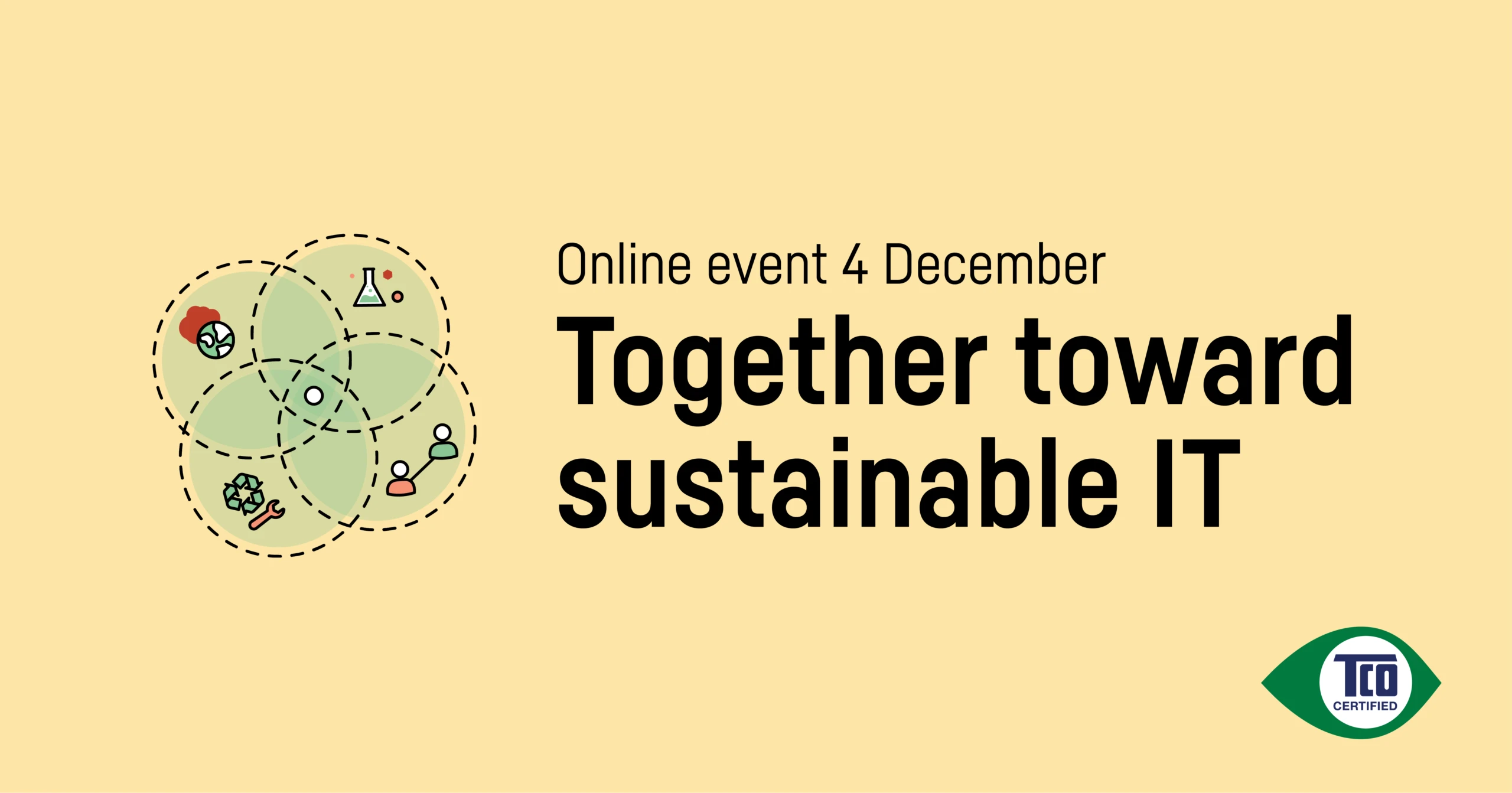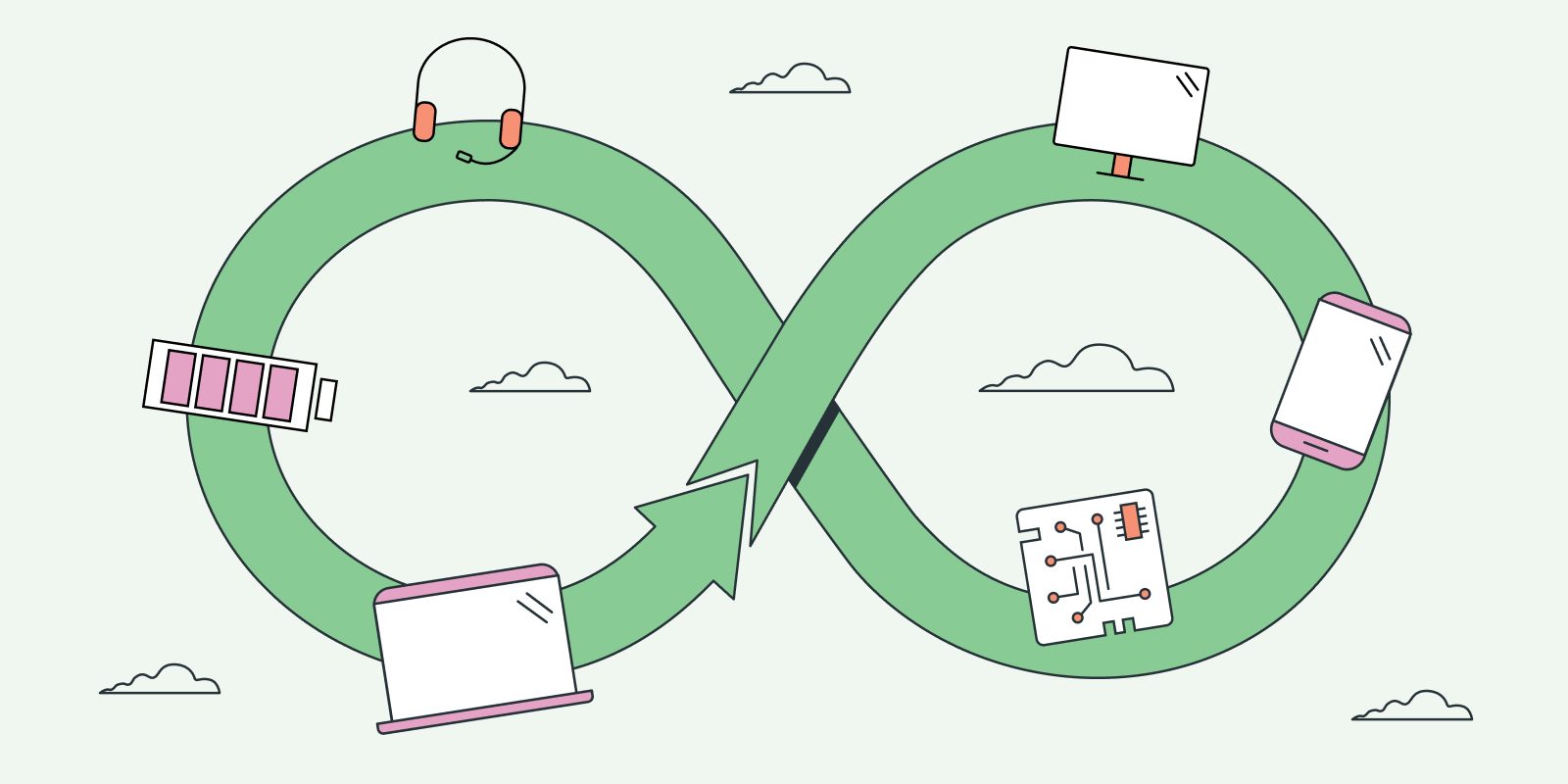In late January, Microsoft made quite a splash with their 2020 environmental sustainability report, with the ambition of being “carbon neutral” within 10 years. In an era of carbon offsetting, capture and credits, what sets Microsoft’s bold target apart is the idea of not just reducing emissions moving forward, but compensating for their legacy emissions – in other words, taking aim at their historical footprint.
To address past damage calls for even the most bold sustainability plans to take a fresh look in the rearview mirror. Targeting environmental impact moving forward, doesn’t always address the damage that’s already done, whether it’s carbon emissions, plastics or other waste that’s already polluting our ecosystems and putting human health at risk.
The same applies to e-waste. As organizations around the world look for better, more circular ways to procure and manage electronics in a way that prevents them from ending up in the waste stream, we also need to deal with the mountains of mobile phones and electronic devices that are already out there – the 50 million tonnes annually that too often that show up in toxic dumps (and in our social media feeds) while exposing vulnerable populations to hazardous consequences.
This is exactly why we launched a new program to help IT purchasers use their purchasing leverage to not only procure more sustainable new devices, but at the same time, trigger the collection and responsible handling of existing e-waste. Again – dealing with the legacy.
The idea is that when purchasers use TCO Certified as a way to identify more sustainable IT hardware, they have the opportunity add a supplementary TCO Certified Edge criterion, which requires the IT brand to collect an equivalent amount of existing E-waste in parts of the world that lack takeback and responsible recycling systems. Sadly, these are also the locations where illegal e-waste exports end up, putting local populations at risk.
Consider the benefits: E-waste is collected, and sent for proper recycling, capturing valuable materials that can be reused. Meaningful work is provided in local communities, offering safer options for communities where hazardous manual dismantling and product incineration are otherwise high. To get this work done, we’re proud to have approved collectors on the ground.
The first approved collector under our e-waste compensation programme is Closing the Loop, a circular service provider.
A look forward into 2021 also demands that we take responsibility for what we leave behind.

Clare Hobby is our Americas regional lead and occasionally writes for the TCO Certified Blog. Clare is a wonderful mix of Australia, Sweden and the US. Clare is also an excellent chef and mediocre golf player.






